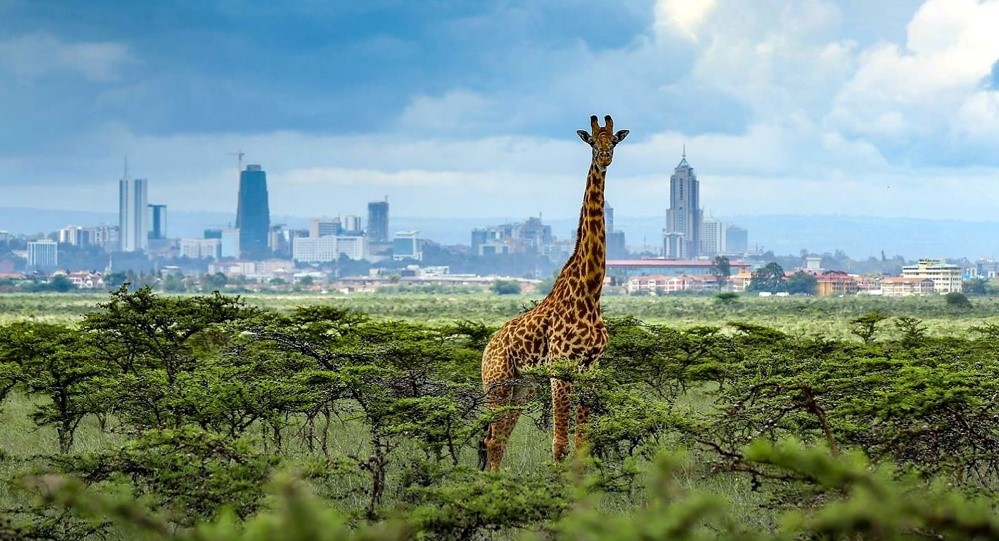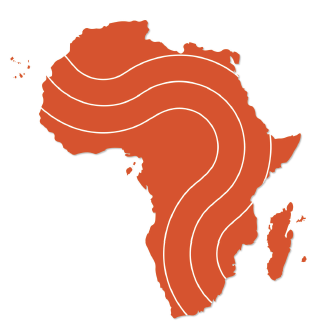In October 2015, the World Organisation for Animal Health (founded as OIE), together with the African Veterinary Technicians Association (AVTA), and with the financial and technical support of the Global Alliance for Livestock Veterinary Medicines (GALVmed) and the South African Department of Agriculture, Forestry and Fisheries (DAFF), convened the Continental Conference on the Role of Veterinary Paraprofessionals in Africa: Linking veterinary para-professionals and veterinarians in Pretoria, South Africa.
The 2015 conference resulted in clear recommendations for Members and WOAH. Yet challenges still prevail to allow effective integration of VPPs in the workforce, and harmonised, fit-for-purpose education and training that ensures the graduation of competent, work-ready veterinarians and VPPs. These challenges include a limited number of VSBs in Africa that recognise and register VPPs, limited legislation that recognises VPPs, lack of opportunities for VPPs to provide services in the private sector, lack of regulation or implementation of appropriate antimicrobial use and need for further training and management, and gender discrepancies in workforce and service provision.
With more than 200 attendees, the Africa Continental Conference – Towards a more resilient veterinary workforce for Africa 2024 will gather WOAH Members, Veterinary Authorities, Veterinary Statutory Bodies (VSBs), Veterinary and VPP associations, special interest groups and many more, to tackle the issues stated above, as well as connect, educate and inspire!
We are pleased to invite you to submit an abstract on a topic relevant to veterinary workforce development. Topics are listed below. The abstracts will be selected and presented either as posters, short presentations or panel sessions.
HOW TO SUBMIT YOUR ABSTRACT
Please submit your abstract via the online form on this link
DEADLINES FOR ABSTRACT SUBMISSION
TOPICS TO CHOOSE FROM
| Theme | Topics considered for abstract submission |
| Education |
|
| Workforce assessment and development |
|
| Creating a sustainable working environment |
|
| Technical themes and enabling environment for effective veterinary workforce
|
|
YOUR POINT OF CONTACT
For any inquiries regarding the submission process, please contact us at [email protected]
Thank you for your interest.
Best regards,
WOAH Coordination team for the Africa Continental Conference
When/where is the Africa Continental Conference – Towards a more resilient veterinary workforce for Africa 2024
It will be held from 26 – 28 November 2024 at the Radisson Blu Hotel, Upper Hill, Nairobi, Kenya
What is the deadline for abstract submissions?
The deadline for abstract submissions is 21 July , 2024 at 23:59 CEST
How can I submit my abstract?
To submit a session abstract, please complete the online form via this link . Follow the instructions provided and be sure to fill out all required fields.
What are the topics for the abstracts?
The topics for the abstracts are all listed in the email you received as well as in the form shared above. When you submit your abstract, you will need to select the session and the topic as part of your online submission form.
Can I revise my abstract after it has been submitted?
No. Once you submit your abstract, modifications will no longer be possible.
Can I submit more than one abstract?
Yes. You can fill and send more than one form. Each form represents one abstract submission.
Is there an abstract submission fee?
No. Submission of abstracts is free.
What should I do if I would like to withdraw my abstract?
Should you decide to retract your abstract, kindly submit a written request to [email protected].
When and how will I receive notification about the status of my abstract?
Email notifications regarding the acceptance or rejection of abstracts will be dispatched to the primary submitter around mid-August 2024.
Will I be invited to attend the conference if my abstract is selected?
The invitation list for the conference is determined between WOAH, its Members and partners.
I have a question that isn’t answered above, who do I contact?
You can contact [email protected] if you have any further questions.

